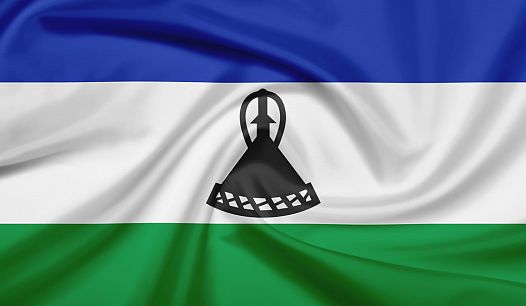Lesotho Constitutional Court applauded for declaring criminal defamation unconstitutional
On 21 May the Lesotho High Court, sitting as the Constitutional Court, declared criminal defamation as unconstitutional. The decision  has been lauded across the globe by advocates campaigning against criminal defamation, insult, false news and sedition laws across the African continent.
has been lauded across the globe by advocates campaigning against criminal defamation, insult, false news and sedition laws across the African continent.
Kicking off on home ground, MISA Lesotho applauded the landmark judgement for its “contribution to an enabling environment for media operations.”
“We commend the Lesotho Constitutional Court bench for its brave decision, which makes a significant contribution to freedom of expression jurisprudence in the region”, said Anneke Meerkotter, litigation director of the Southern Africa Litigation Centre.
The Lesotho judgement followed the decision of other African courts, namely the ECOWAS Court, the Zimbabwe Constitutional Court and the Kenya High Court, which also declared that the offence of criminal defamation violated the right to freedom of expression.
Lesotho’s constitutional challenge rose out of criminal proceedings against Basildon Peta, the author of a June 2016 satirical article mocking General Tlali Kamoli, who at that time was commander of the Lesotho Defence Forces. The satirical piece titled: “Flicker of Hope for my Beloved Kingdom” took a dig at Kamoli’s assertion of authority and power by detailing how he ordered ministers and the then prime minister to remove their vests and shirts and perform 100 push-ups.
Peta, who is also the owner of Lesotho Times, was charged with criminal defamation and crimen injuria for the satirical column. At the same time as his criminal prosecution was underway, Peta, supported by the Southern African Litigation Centre, took up a constitutional petition to have Sections 104, 102 and 101 of the Penal Code Act no 6 of 2010 declared inconsistent with the guarantee of freedom of expression enshrined in the Constitution.
The bold ruling by the Lesotho Constitutional Court, asserting the provisions were inconsistent with the Constitution and should be struck down altogether, comes against the backdrop of political turmoil and contestation.
The disintegration of two successive coalition governments, coupled with political violence at the highest levels of the hierarchy, insecurity as a consequence of internal factional contestation within the armed forces, and tension between the police and army have taken their toll on various sectors of society and in particular on the media. A climate of fear has developed in the country, with attacks on journalists carried out with impunity. At the same time, political instability has led to heightened polarisation within the media sector, which climaxed during the coverage of general elections which was marked by uncritical reporting and political patronage.
The Committee to Protect Journalists hailed the ruling, calling it a significant step toward safeguarding press freedom in the country. Highlighting “the fact that criminal defamation is a strong relic of Africa’s colonial past” PEN International noted how governments use outdated statutes to stifle dissent and curb freedom of expression.
Columbia University’s Global Freedom of Expression platform provides a detailed analysis of the case, with a summary, an outline of the facts and an overview of the decision.
